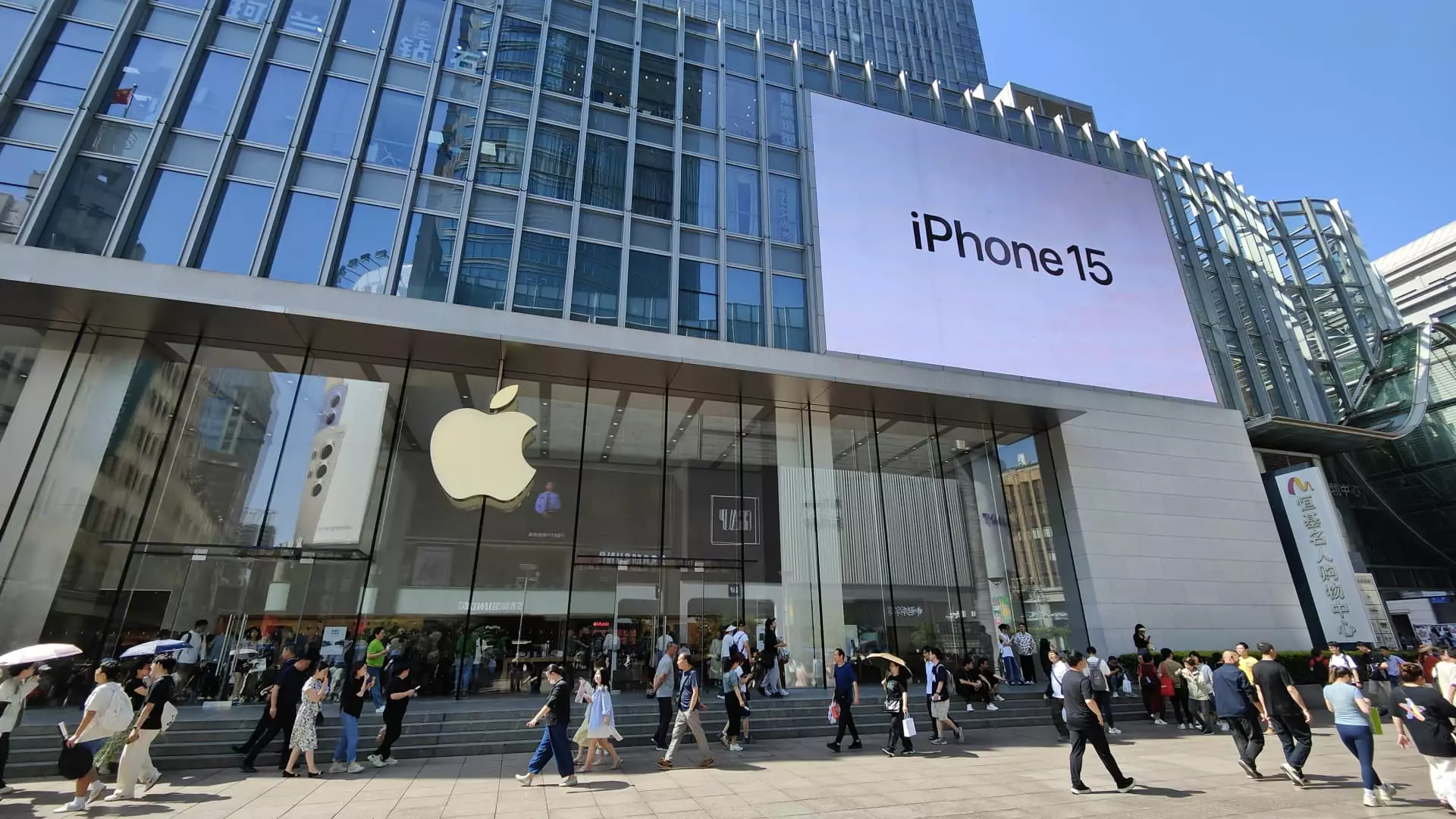In a recent report by Canalys, it was highlighted that Apple lost its position among the top five smartphone vendors in China during the second quarter. This decline can be attributed to the increasing competition from domestic brands like Huawei, which have been intensifying their efforts in the market.
Apple’s market share in China decreased to 14% in the second quarter, down from 15% in the first quarter and 16% in the same period last year. This decline led to Apple dropping to the sixth position among smartphone vendors in China, with shipments totaling about 9.7 million units. It is worth noting that this is the first time in history that all the top five positions are dominated by domestic vendors.
The success of Chinese vendors in the smartphone market can be attributed to their focus on high-end products and their collaboration with local supply chains. This has allowed them to develop hardware and software features that enhance user experiences. For example, Honor’s latest Magic V3 leverages GenAI technology, leading to improved user experiences with foldable devices.
Apple is currently facing a “bottleneck” in the Chinese market as it works to stabilize retail prices and protect the margins of its channel partners. This is a significant challenge as Chinese brands are aggressively incorporating generative AI into their products. Canalys suggests that the localization of Apple Intelligence services in China will be crucial in the coming months to stay competitive in the market.
Top Players in the Chinese Market
During the second quarter, Vivo claimed the top spot with a 19% market share and 13.1 million units shipped. Oppo maintained the second position with 11.3 million units, driven by the launch of its new Reno 12 series. Honor came in third with 10.7 million units shipped, marking a 4% year-on-year increase. Huawei and Xiaomi secured the fourth and fifth positions, respectively, with strong performance in the market.
Overall Market Growth
Despite Apple’s decline, the Chinese smartphone market experienced a 10% year-on-year growth in the second quarter, with shipments exceeding 70 million units. This growth indicates the resilience and competitiveness of the market, driven by the success of domestic brands and their innovative strategies.
Apple’s decline in the Chinese smartphone market reflects the changing dynamics and intense competition in the industry. To regain its position and increase market share, Apple will need to adapt to the evolving market trends and consumer preferences in China.


Leave a Reply